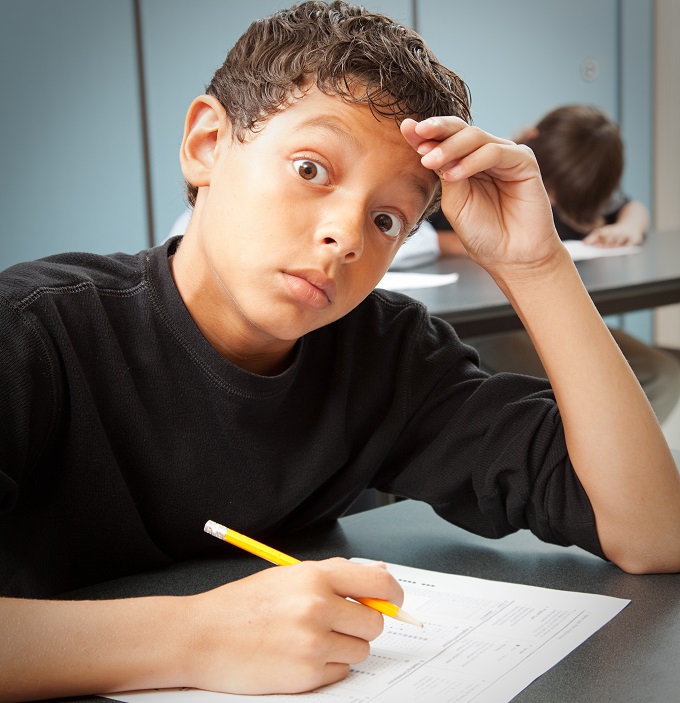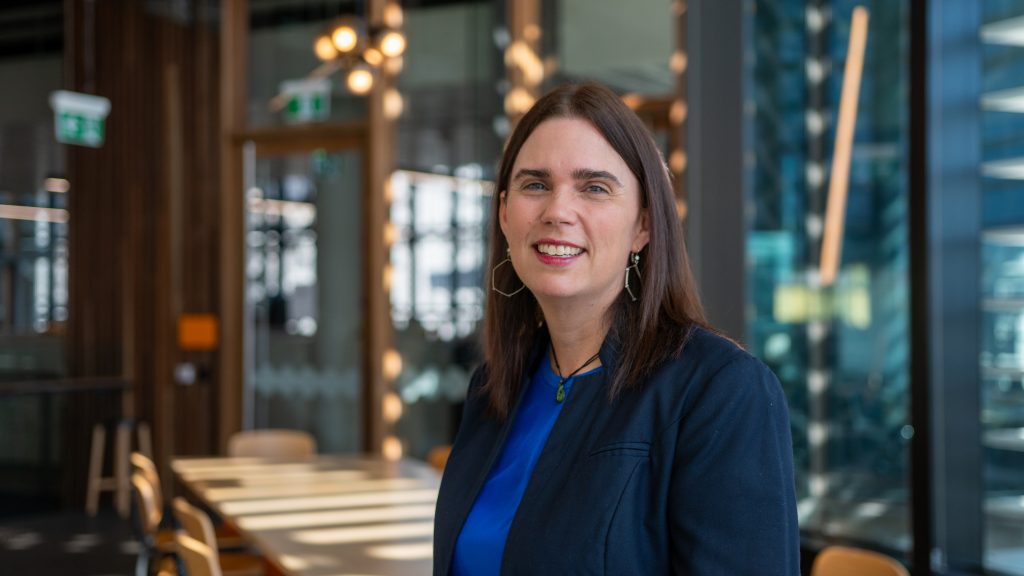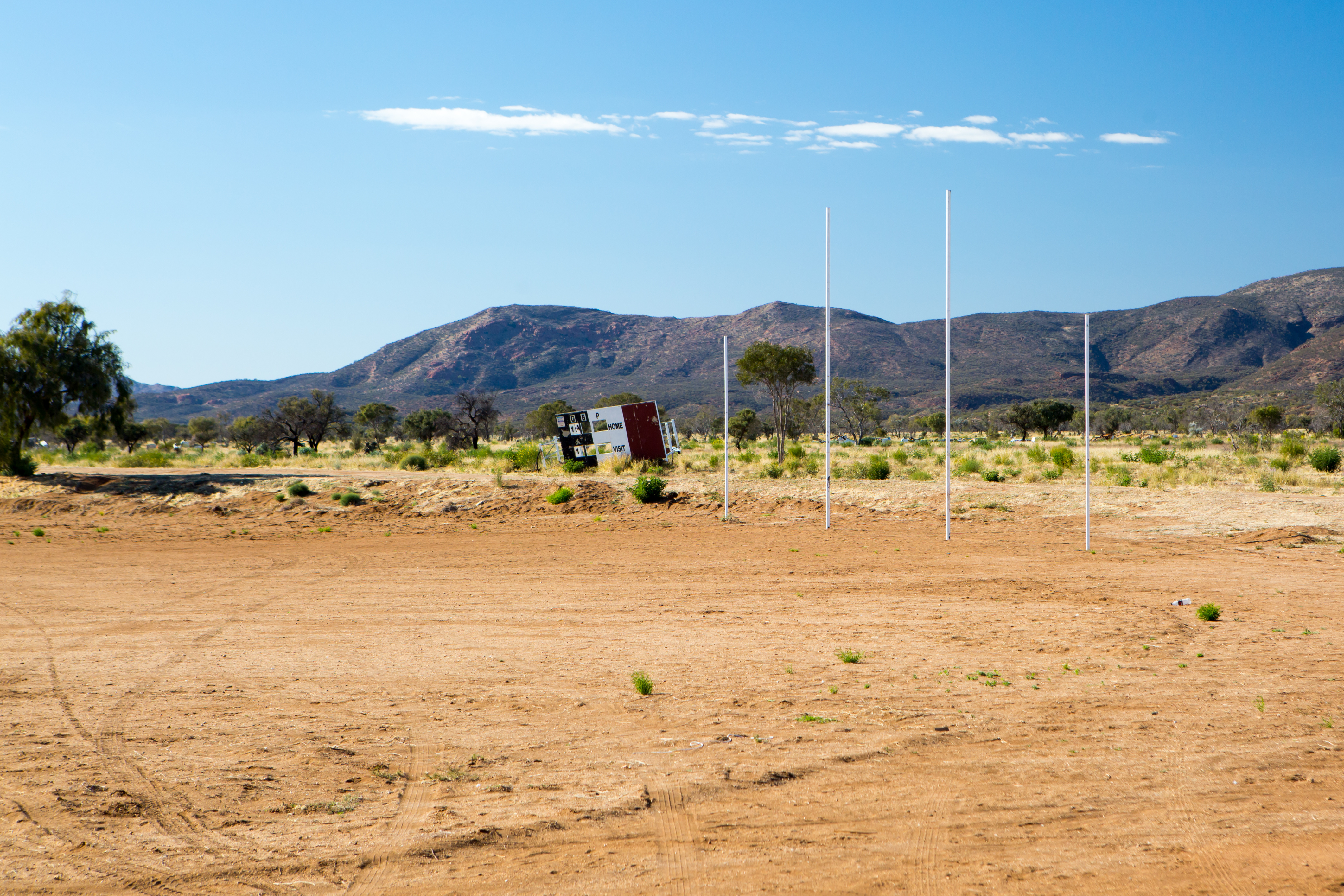
Everyone is under pressure these days. Whether it’s work stress, the cost-of-living squeeze, physical or mental health concerns or academic pressure, there seems to be no end of factors that can cause stress and anxiety.
Read the latest print edition of School News HERE
“We all feel anxious sometimes,” explains Professor Vanessa Cobham, “but for most of us, those feelings are temporary and manageable. In fact, anxiety serves an important purpose in situations where there is possible danger, like crossing a busy road. But for some people, anxiety can become a significant problem – causing a lot of distress and stopping them from being able to do the things they want to do.”
It’s natural that a child experiencing anxiety will be affected while at school, even if the cause of the anxiety is not school-related. What role then, should teachers and educators play in helping students manage that anxiety?
Professor Vanessa Cobham is the lead author of the highly regarded Triple P – Positive Parenting program that focuses on anxiety in children aged 6+. She holds research and clinical appointments respectively within the School of Psychology, The University of Queensland, and within Children’s Health Queensland’s Child and Youth Mental Health Service, and has been working with families, children and adolescents who experience anxiety and posttraumatic mental health concerns since 1992.
“Remember that anxiety doesn’t always look the way we can expect it to look – clingy, fearful behaviours and teariness. Sometimes, anxiety can look like angry, oppositional or aggressive behaviours. When you see these kinds of behaviours in children, it’s useful to stop and ask yourself, is it possible these behaviours are being driven or motivated by anxiety?” Professor Vanessa Cobham
How should teachers respond?
According to Triple P, whether or not a child is obviously anxious, it’s helpful to support all students in learning strategies to cope with anxious feelings. Learning from a young age to manage and reduce anxious feelings, has long-term benefits for emotional well-being.
For example, this could include:
- Helping the student identify what is making them anxious and encourage them to name some of the uncomfortable feelings they’re having.
- Coaching children to develop effective anxiety management tools, which in turn will help them to learn to tolerate uncomfortable emotions and face difficult situations rather than avoid them.
- Be prepared for events or situations that you know may cause anxious feelings. Try talking about the possibilities of what might happen and how to prepare as a good way to help kids keep calm and encourage realistic thinking rather than “imagining the worst”.
- Working together with the student’s family to establish mutual goals, understanding, and shared responsibilities to improve the child’s mental health outlook and well-being.
While there are specific training programs, such as Fear-Less Triple P, that parents and educators can undertake to further educate themselves, Professor Cobham suggests some simple tools that teachers can use for children experiencing anxiety.
- Use a calm voice, be patient, and provide simple, clear instructions when working with an anxious student.
- Show empathy and create a safe space for children who may be worried or anxious.
- Focus on reducing the intensity of the anxious feelings first. Children can’t engage in working on using coping strategies when their emotional arousal is extremely high.
- Praise the student when they’re doing something you want them to do, provide positive encouragement.
- Provide clear guidance and a consistent environment where possible, so students know what to expect – there’s comfort in the predictable.
- Talk to your anxious students about what strategies they use to help them manage their anxiety. Encourage them to use these specific strategies when you notice that their anxiety is beginning to increase, or when they are in an anxiety-provoking situation.
- Provide clear, easy-to-understand instructions either on the board or other mechanism
It’s important to avoid overwhelming a child who has anxiety, by giving too many instructions at once or suddenly changing their school routine.

Put your own oxygen mask on first
“It’s important to role model self-care for children. When children see self-care and self-compassion as a priority for the adults in their lives, it gives them the tools to nurture these positive behaviours in their own lives.” Professor Cobham
With an increasing number of students with additional needs in every classroom, self-care may feel like just another task on a seemingly infinite list for many teachers. But Professor Cobham stresses the importance of educators investing in their own well-being.
“When you’re able to meet your own needs, you’re in a better position to be responsive to the needs of students,” she explains.
Triple P suggests some simple ways that teachers can factor in self-care and prevent burn-out when faced with an increasing number of pressures at work:
- Plan self-care time into your daily schedule. Just like you schedule marking and lesson planning time into your day, you should also incorporate activities into your work day that address your physical and emotional needs. This could be a quiet cuppa on your break or catching up with a colleague for a quick debrief.
- Nurture your needs beyond the school gate. Everyone knows teaching is not a job you can ‘leave at the office’, so it is critical to aim for a positive work/life balance. Doing small things you enjoy can help your mental health outlook both in and outside of the classroom. These can include going for a walk, reading a book, catching up with friends and family, and having hobbies, as well as sleeping and eating well. You can only help others when you have taken care of yourself. Professor Cobham adds, “It’s important to try to be kind to yourself, especially when you make mistakes. This is a vital aspect of self-care that is often overlooked.”
- Practise breathing and mindfulness. These are great skills to practise when working with children at any time, but especially through challenging times. Try using the first 30-60 seconds of your break to close your eyes and do a body scan and notice how you’re feeling physically and emotionally or spending five minutes at the end of the day to reflect and plan for the days ahead.
Triple P Parenting is an initiative funded by the Australian Government Department of Health and Aged Care, providing parents and carers of children under 12 to access free evidence-based, online positive parenting support at www.triplep-parenting.net.au







